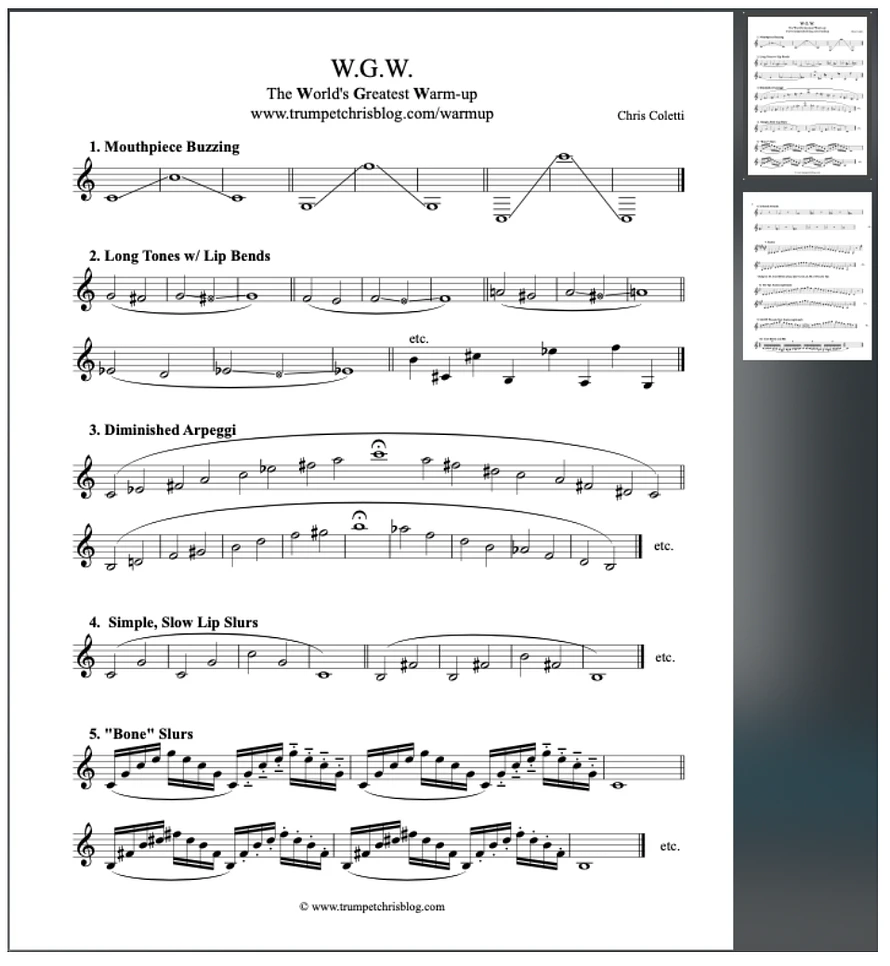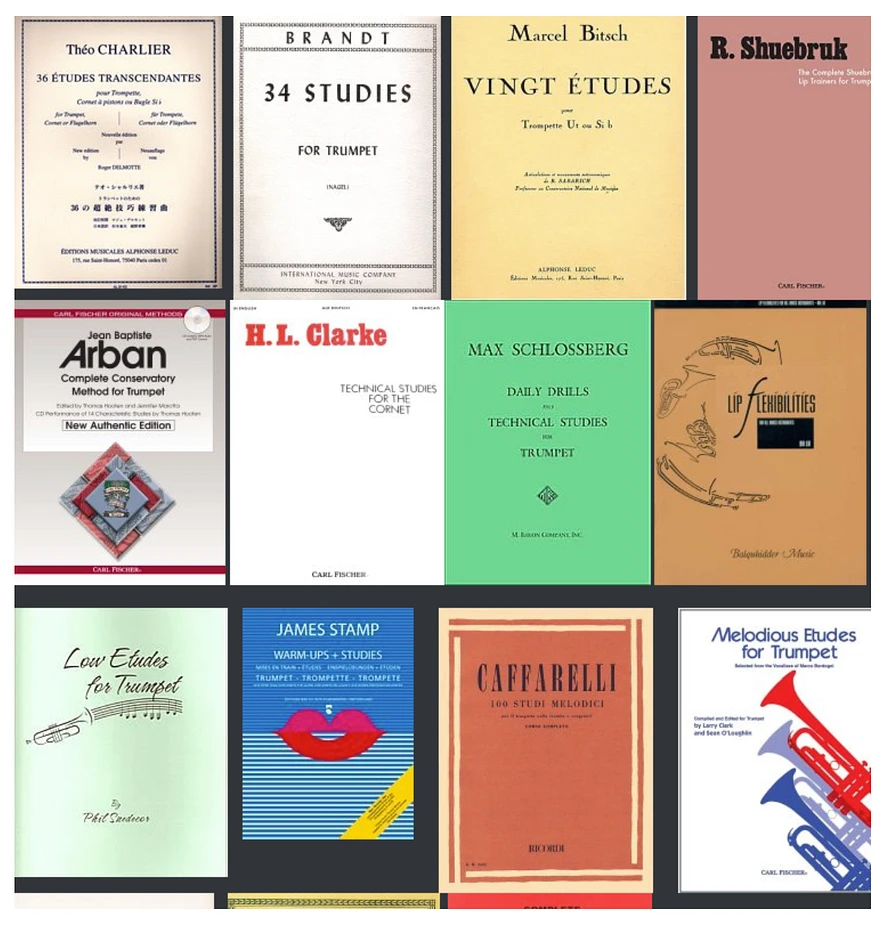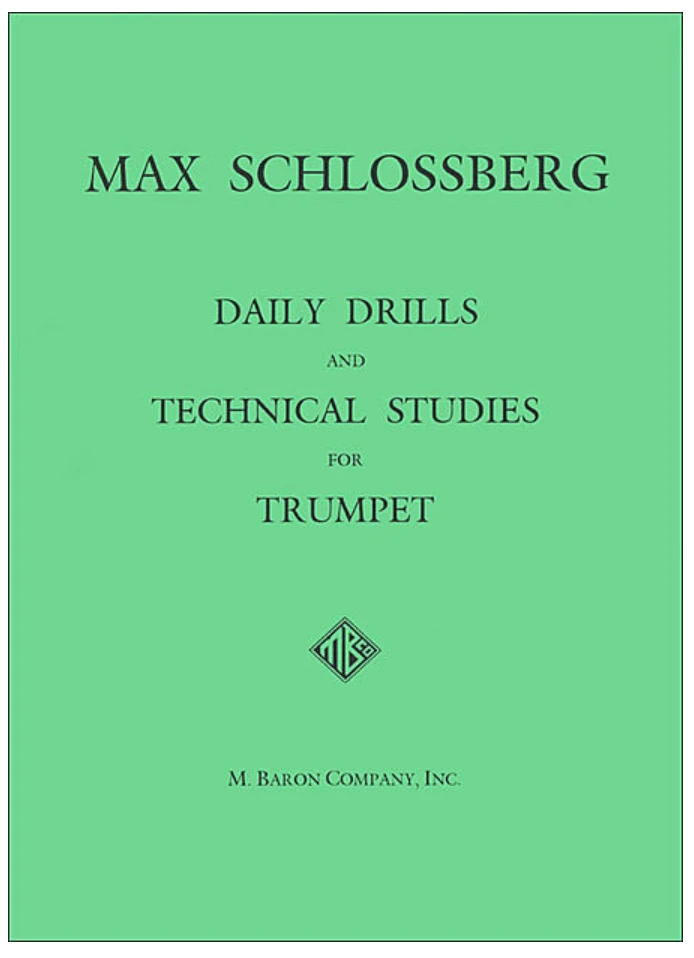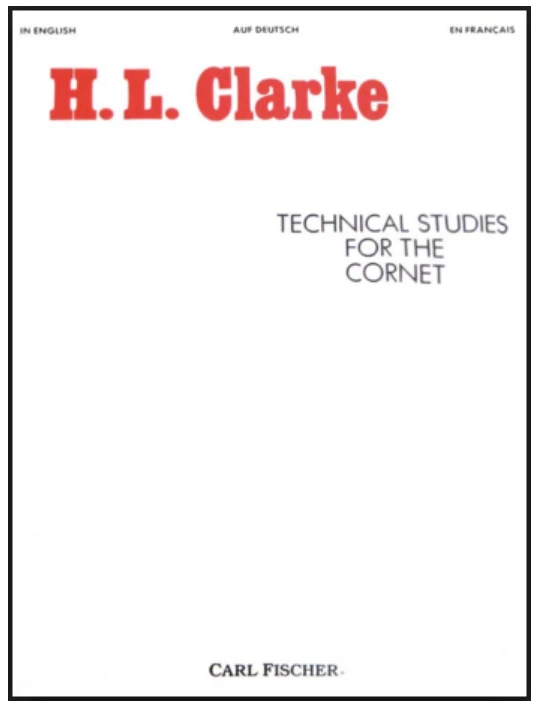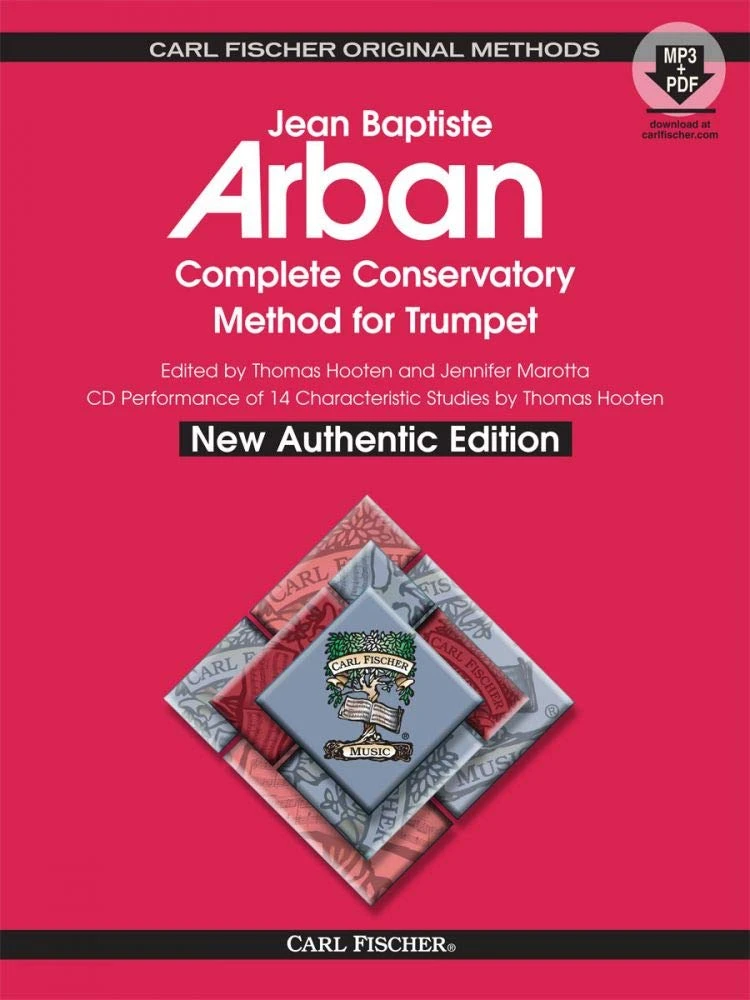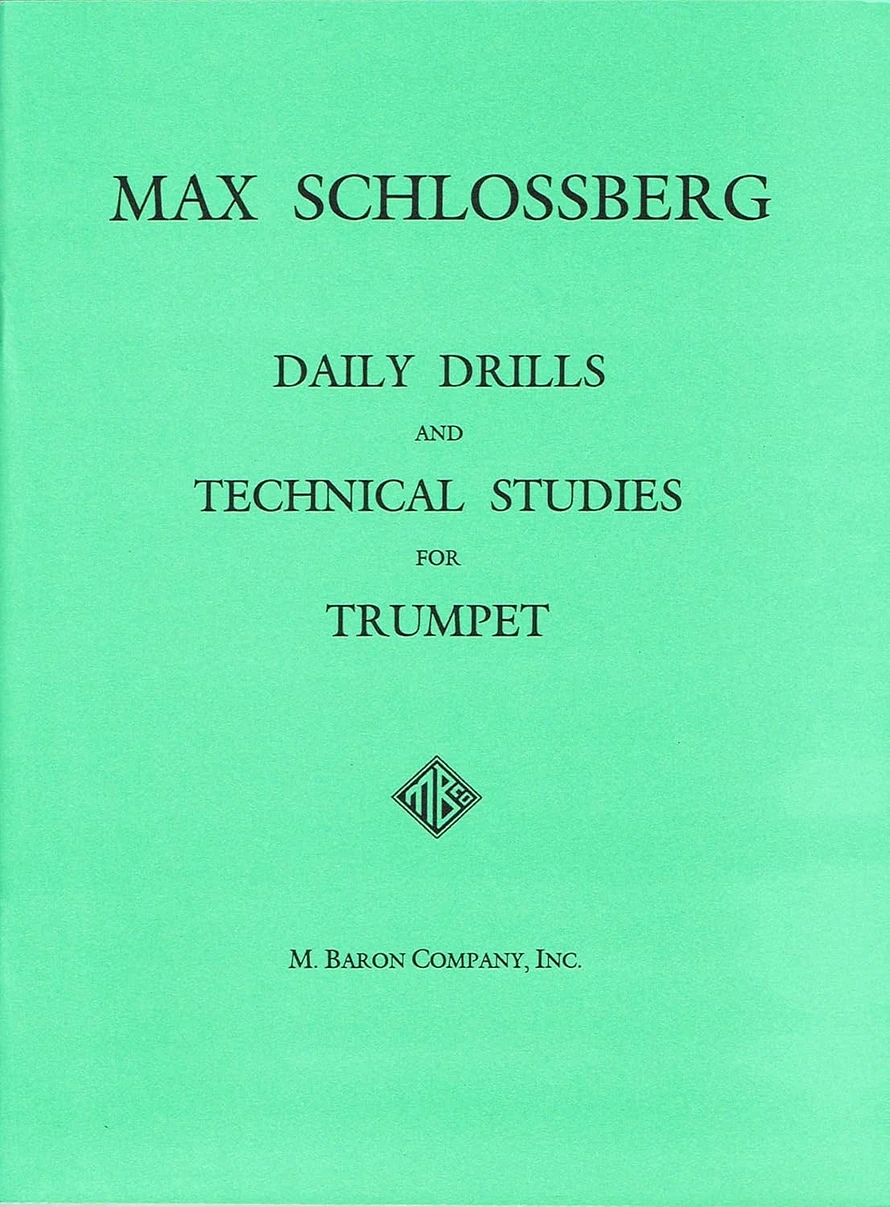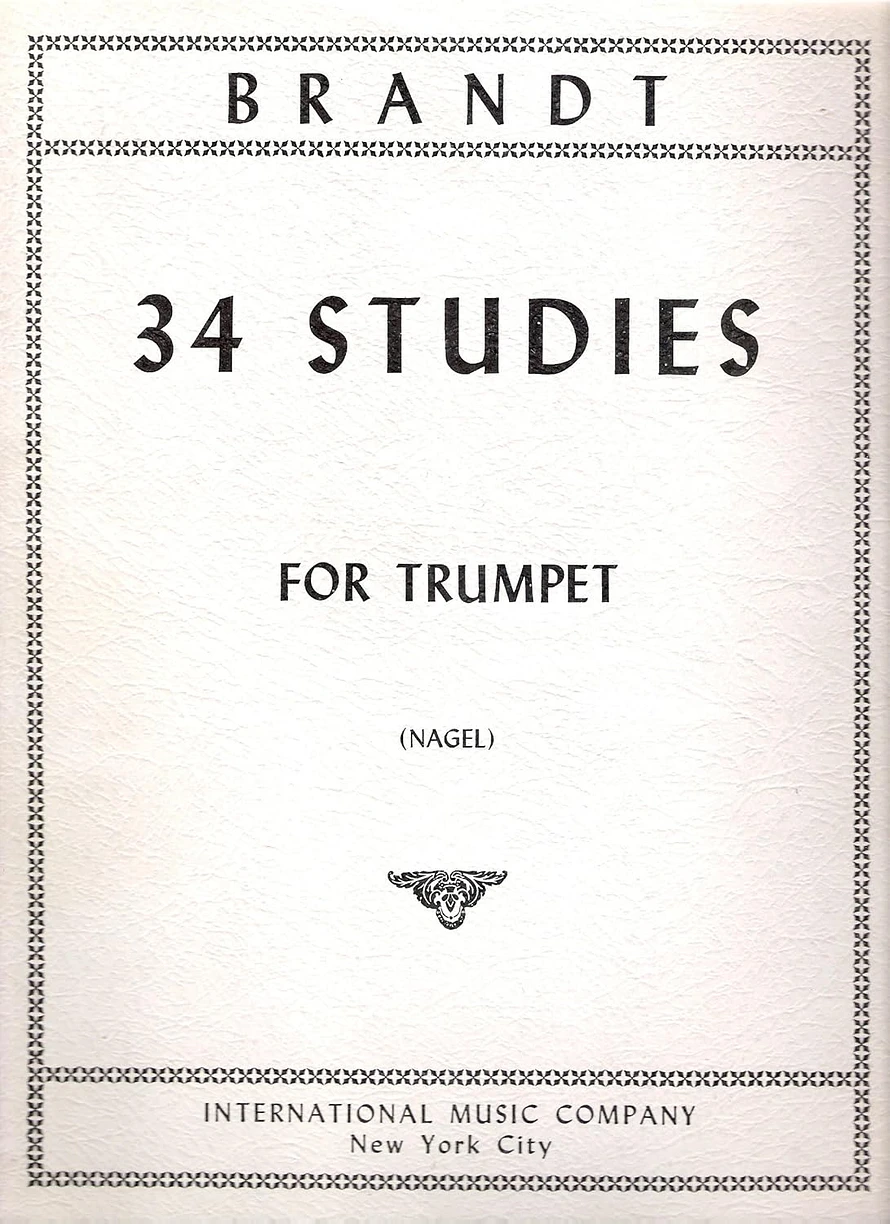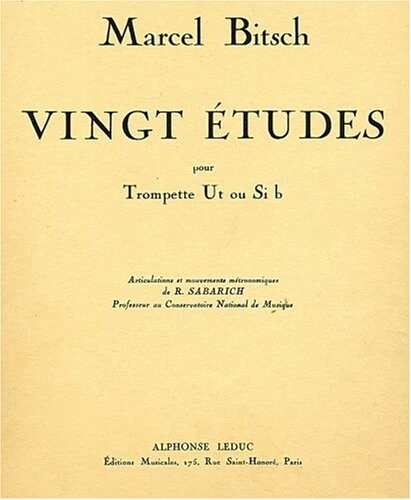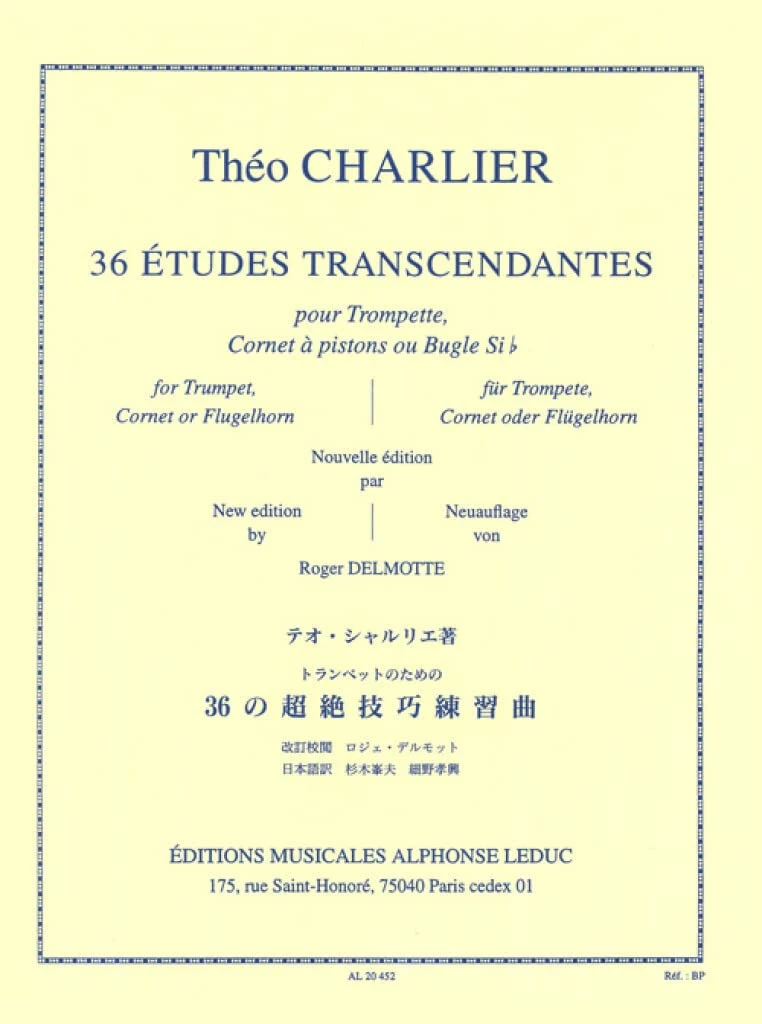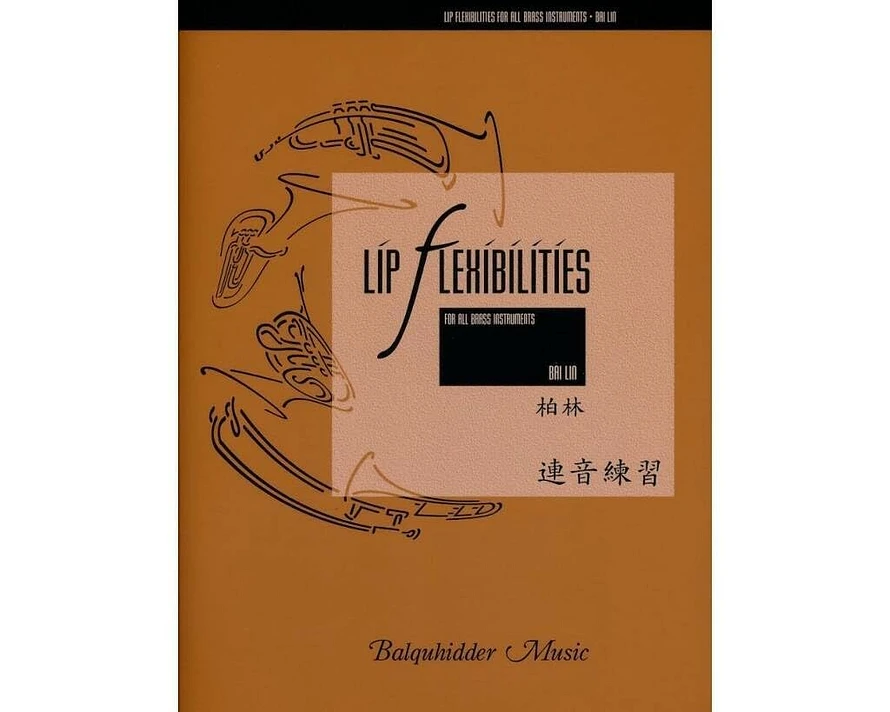Baroque Trumpet FAQ:
h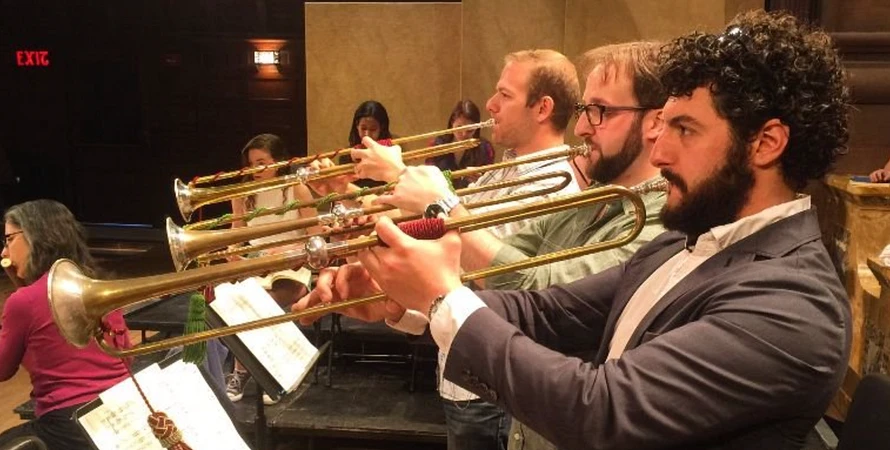
Where can I purchase a baroque trumpet?
There are many baroque trumpet makers, but the most prominent dealer in the US is The Baroque Trumpet Shop. The store is owned and operated by trumpeter Barry Bauguess and offers a fine selection of instruments, mouthpieces, cases and other related gear. If you shop there, tell him Chris Coletti sent you!
What mouthpiece should I play on baroque trumpet?
My new favorite mouthpiece is this one from Dillon Music in NJ. It was designed by Perry Sutton--I prefer the B1 size with the baroque backbore*, but their are others as well.
*Baroque trumpet receivers are much larger than modern trumpet receivers, meaning you will need to get an adapter to use your modern mouthpiece on a baroque trumpet. The adapter is a good thing to own as using your own mouthpiece will aid in learning the instrument's other difficulties, but eventually you will want to play a more historical mouthpiece. Baroque trumpeters had many size options back then, just as we do today, but generally mouthpieces were much larger (bigger/deeper cups, longer design), had very flat rims, and the cup entered the throat at a sharp angle. I will post more information about mouthpieces soon--baroque trumpet mouthpieces are a small obsession of mine! I also have way too many so I am willing to sell some of my extras that I no longer play regularly.
Do you play a baroque trumpet that uses the 4-hole, 3-hole (or no hole system)?
I LOVE playing baroque trumpet with no holes. Holes were not invented until the 20th century so there is absolutely nothing historic about the holes on baroque trumpets. That being said, the intonation and accuracy of a modernized baroque trumpet is significantly better, and the sound is very similar, so nearly all baroque trumpeters use trumpets with either a 3 or 4 hole system. I play the 4-hole system which has, in my opinion, more difficult fingering but better accuracy and intonation. I also like that the 4-hole system trumpets are wound more similarly to the trumpets of the baroque period; 3-hole system trumpets are wrapped tighter (easier to travel with as they fit in a normal trumpet case), and come apart quicker (better for discreetly emptying spit in a concert), but they do not much like trumpets made in the baroque period. Click here to get a free 4-hole fingering chart, and here for the 3-hole chart.
What is the best baroque trumpet brand/maker to buy?
I play and Egger and it’s awesome. They are a bit expensive, but you can sometimes get used ones. THere are also more makers these days than when i was in the market for one, and if you’re truly interested, send me an email and I will send you an updated list.
This post is admittedly short and incomplete. Leave questions and I will expand further, or maybe get a guest artist to do an interview to the subject! Stay tuned….
-Chris
PS I have some Baroque trumpet mouthpieces that I 3D printed in PLA plastic so I could try them out before buying the metal versions; stay tuned and I will post these pictures and maybe even record a video sampling each one and it's different qualities.

